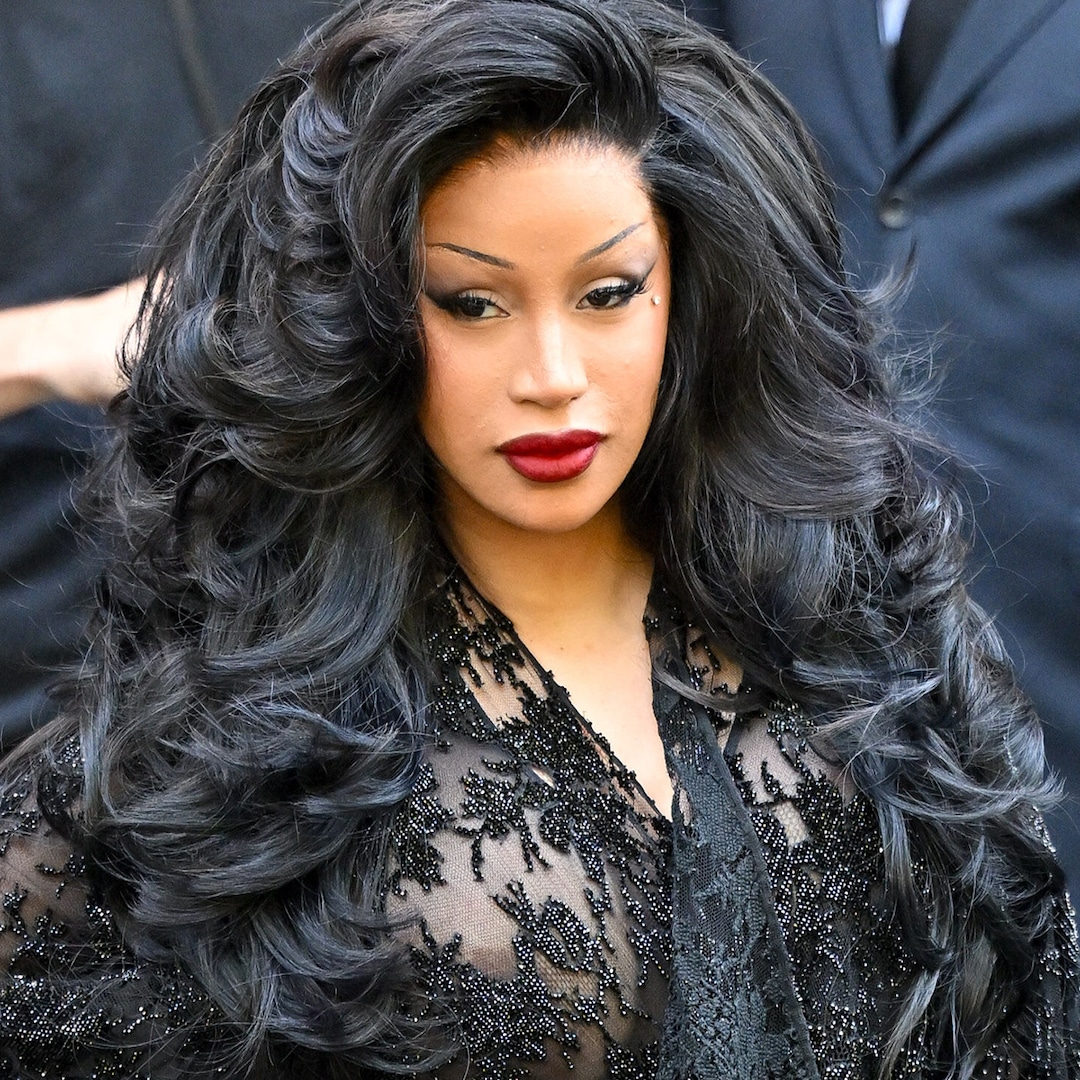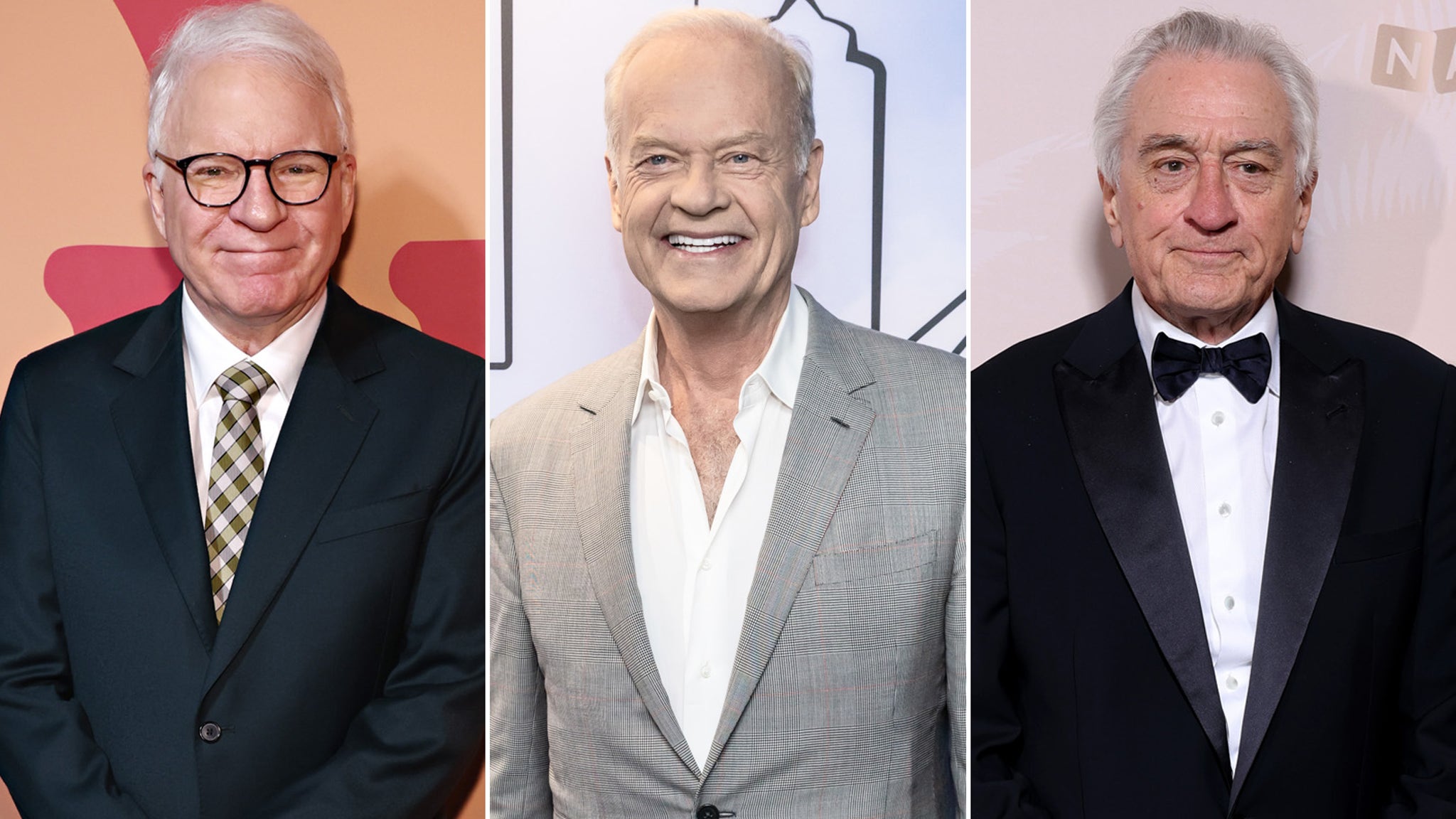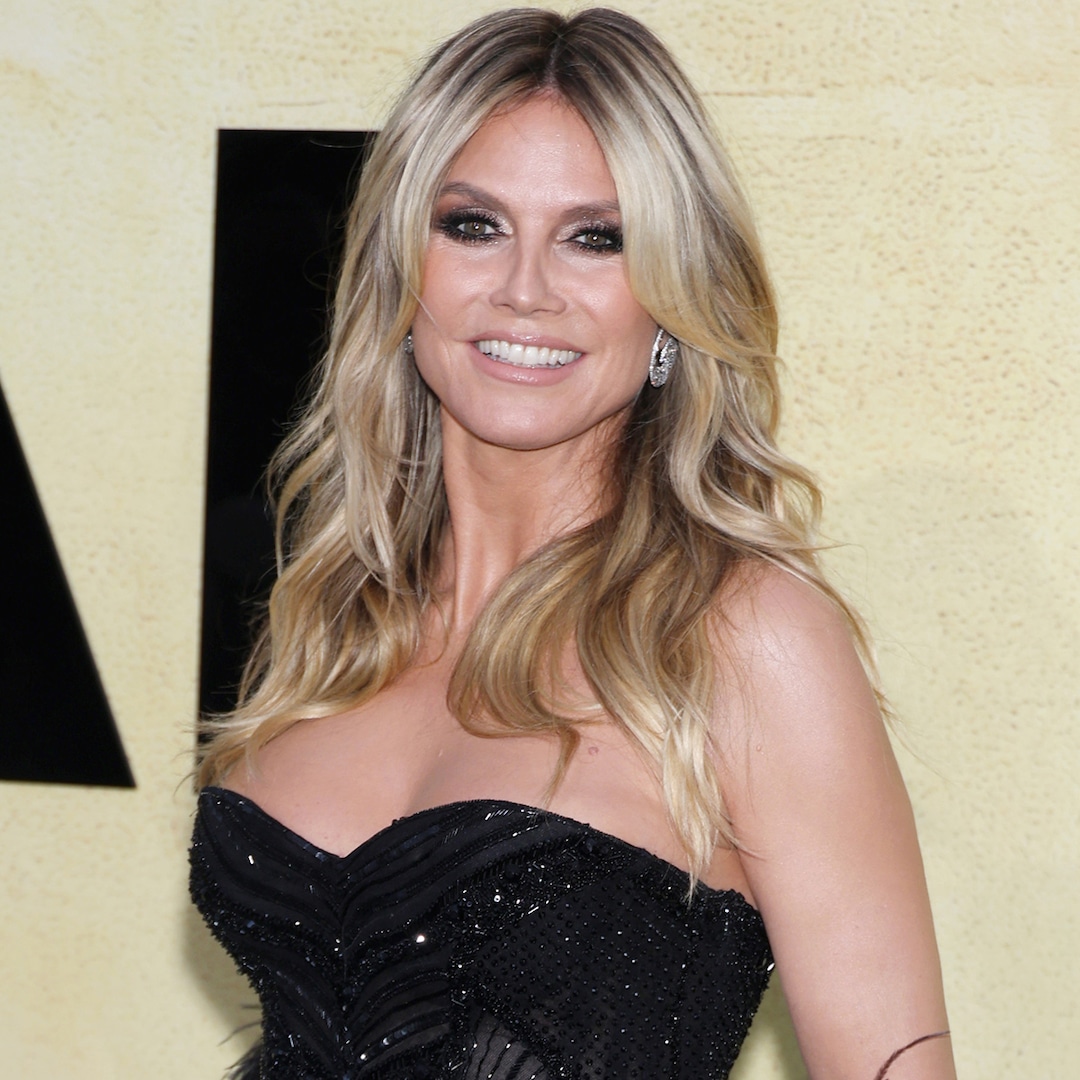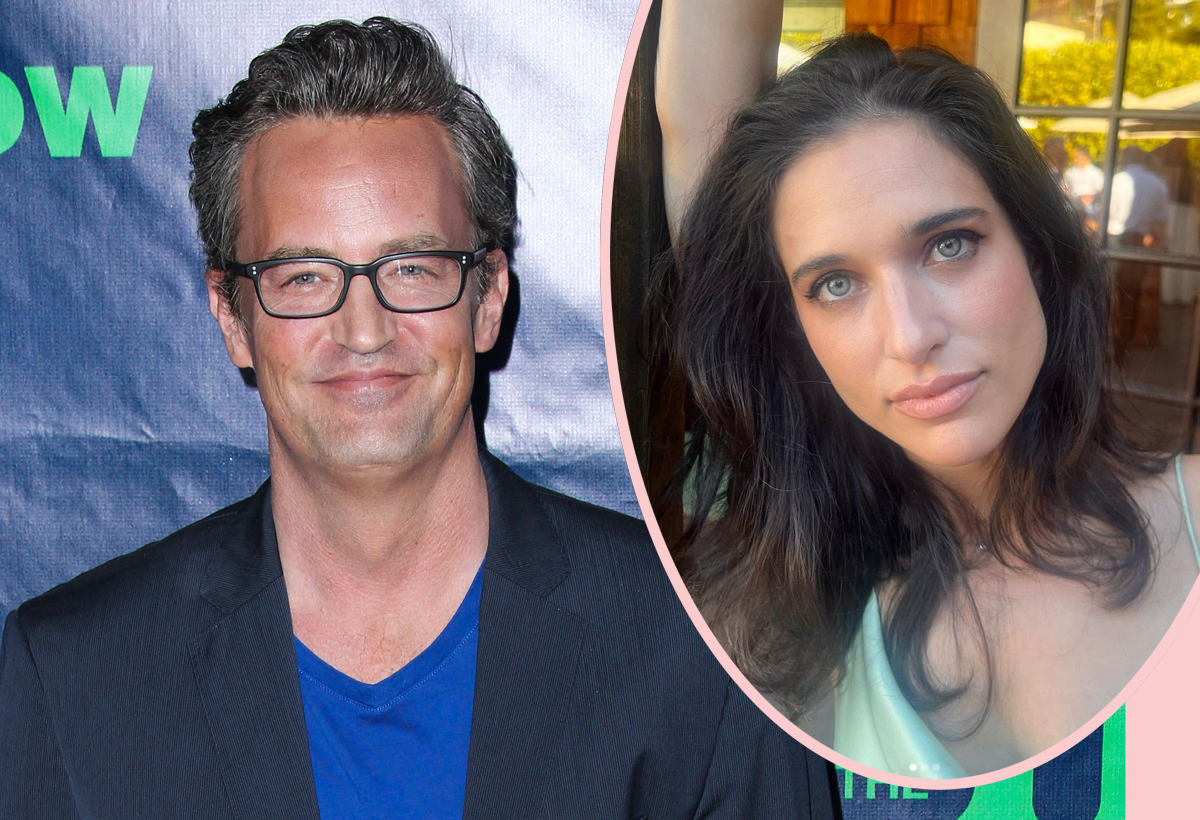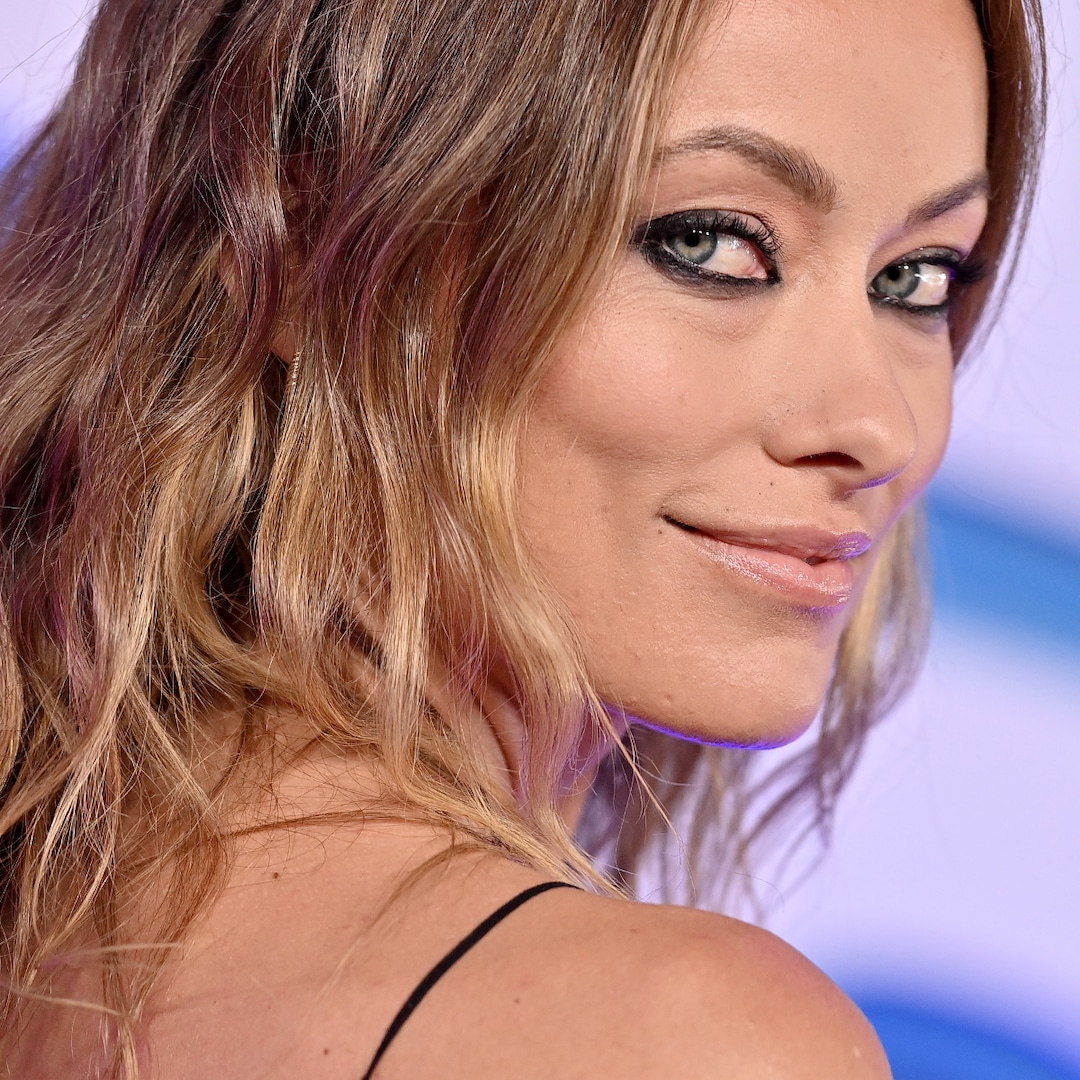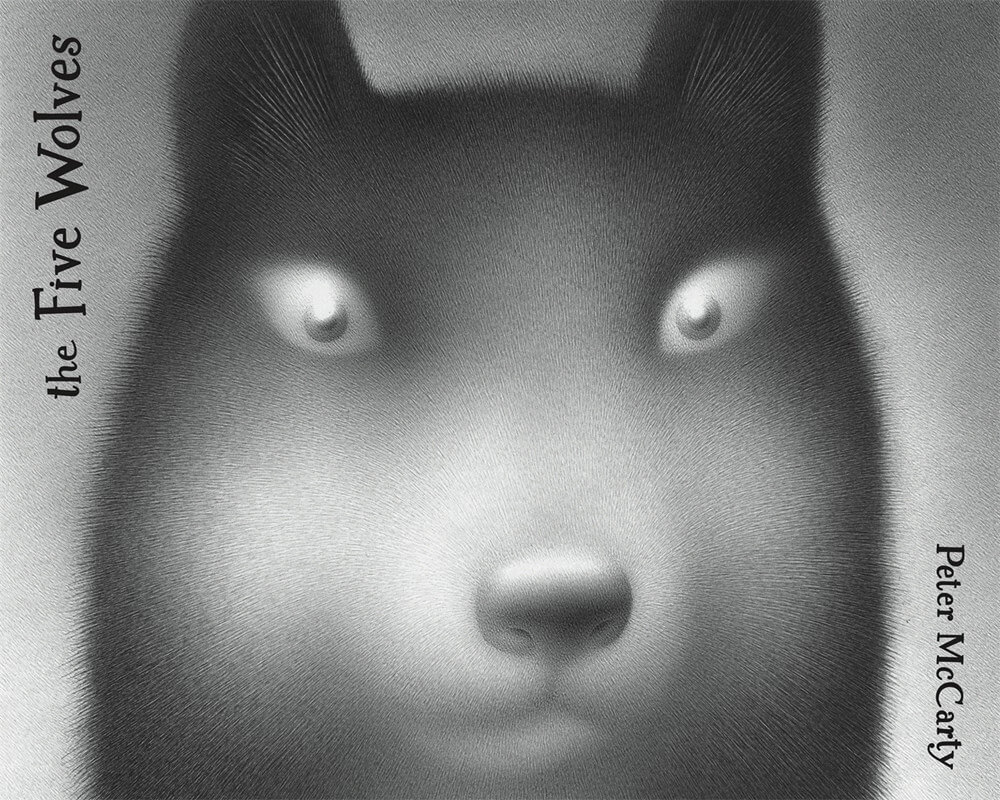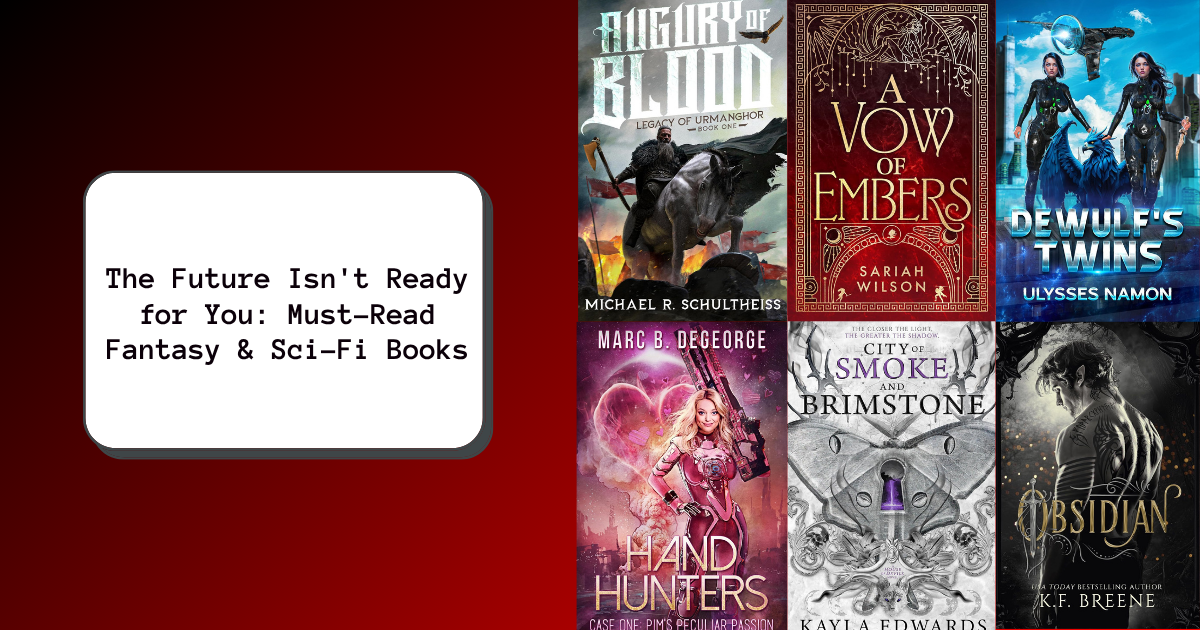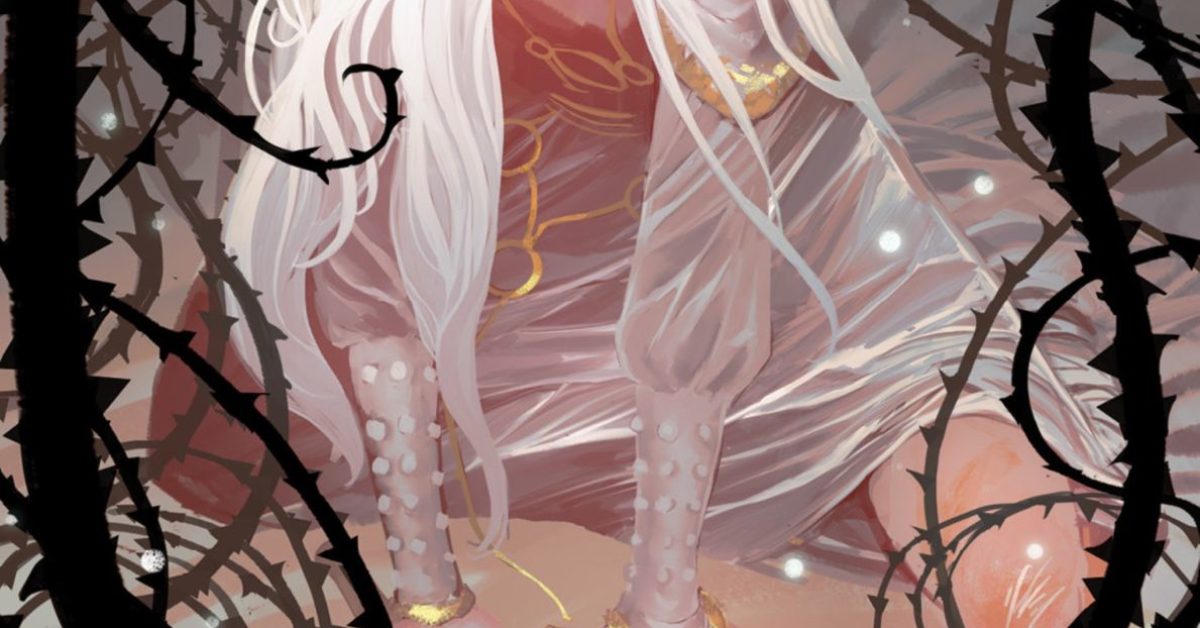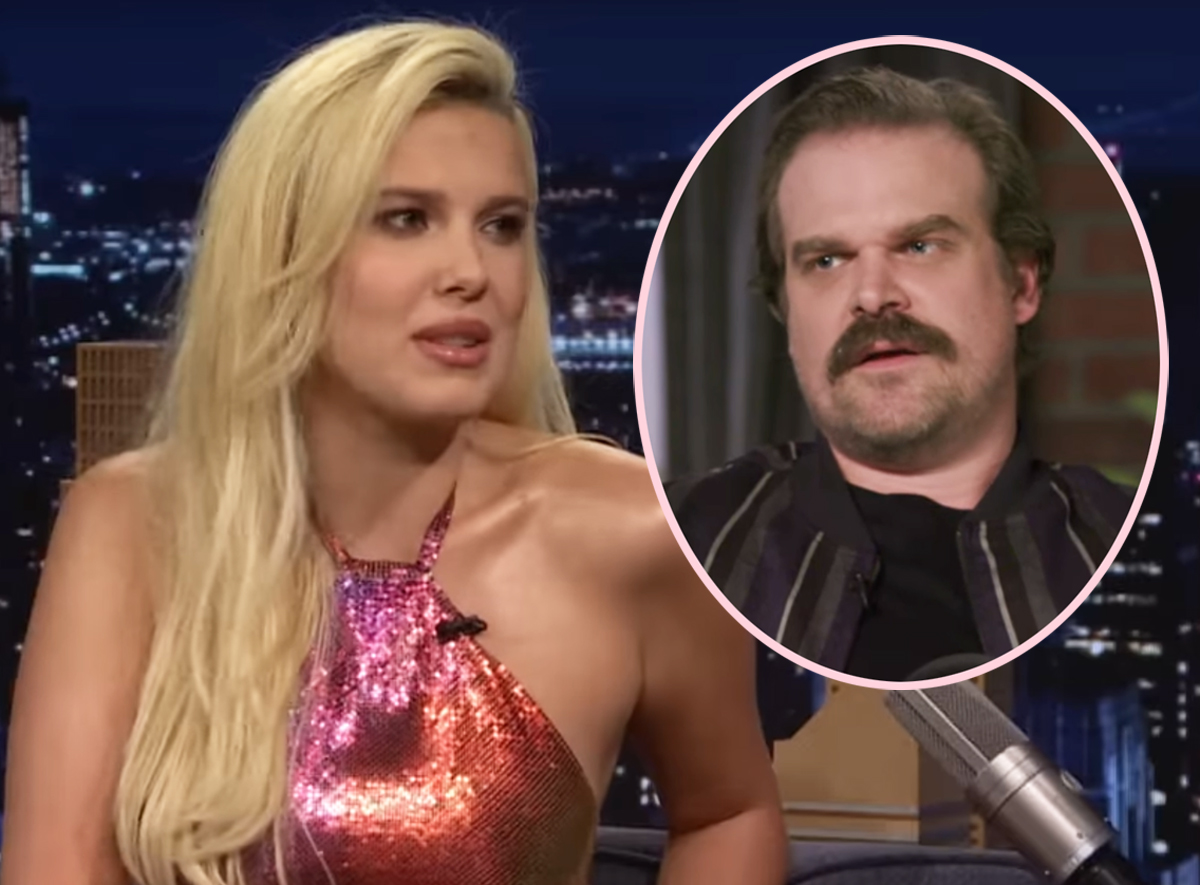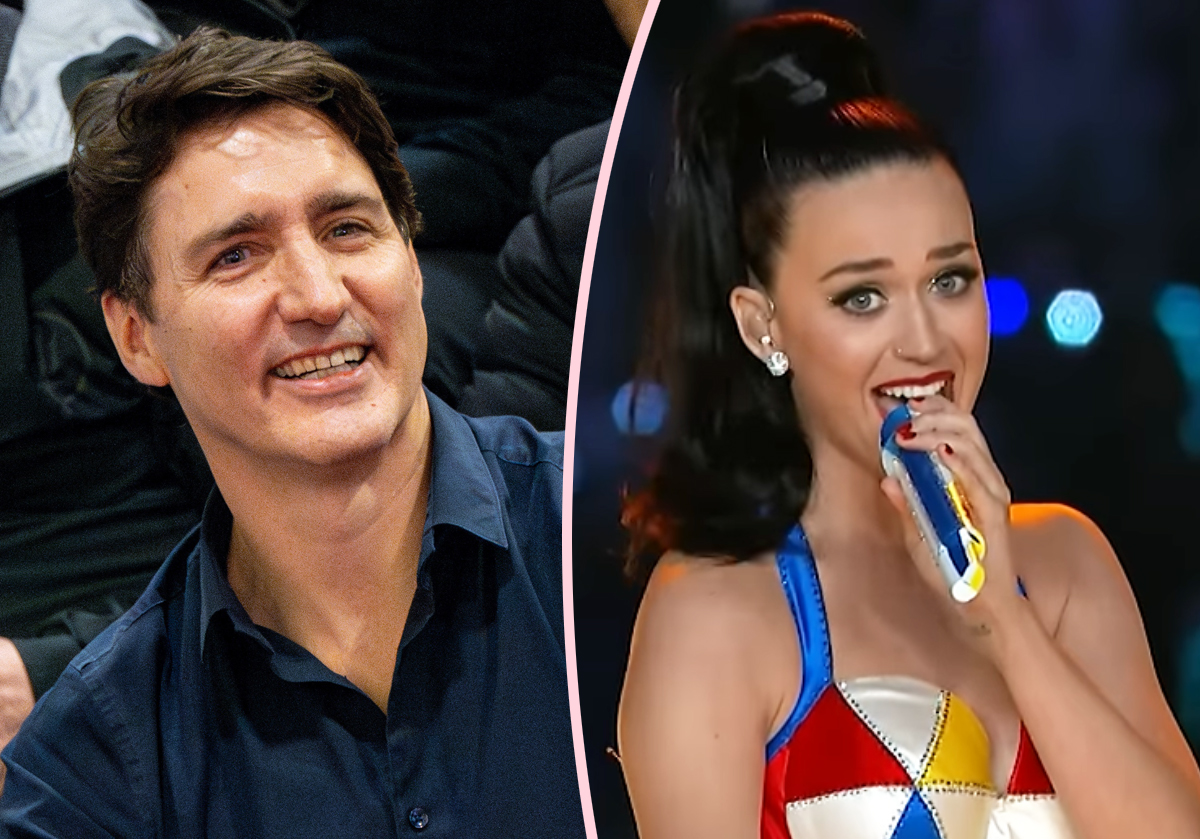The London East Asia Film festival came to a close on Sunday night with the UK premiere of Concrete Utopia, Korea’s entry for the Best International Feature Film category at the 2024 Oscars. After the event’s Best Film award went to Iron Mask, by Kim Sung Hwan, artistic director Hyejung Jeon presented its Rising Star award to Concrete Utopia’s Pak Bo-young. Actress Park returned after the film for a Q&A with director, Um Tae-hwa, to discuss the film’s themes of survival, which suddenly seemed shockingly relevant after recent events in Ukraine and Israel/Gaza.
Starring Lee Byung-hun, Um’s film is a dystopian fable that recalls British writer J.G. Ballard in its depiction of a South Korean high-rise that is somehow left unscathed after a terrifying earthquake rips through the country. Although Lee steals the show as a charismatic leader, the story is seen through the eyes of a young couple — Ming-seong (Park Seo-joon) and (Park Bo-young) — who wake up one morning to find that their life as they know it, and in fact the whole world, has changed forever.
Director Um told moderator Ian Haydn Smith that he understood why people might call it a disaster movie, but said he was trying for something a little more profound. “I’d call this an apocalyptic film rather than a disaster film,” he said, “because I didn’t think the disaster itself is very important. I focus more on what people do when they are put in such extreme circumstances. What I tried to do was focus on the characters and their backstories, but I did it in a gradual way. I provided information little by little, making sure that it didn’t interfere with the flow of the story.”
‘Concrete Utopia’ star Park Bo-young with LEAFF director Hyejung Jeon
In lieu of gratuitous carnage, Um focuses on the hierarchies of society, and how quickly neighbors will turn on each other in times of stress: residents of the high-rise soon start to turn away anyone seeking shelter, sending them to an icy grave. “To give you a little background,” he said, “in Korea, where you live is who you are. Where you live is your social rank. And I wanted to show that in the story. There are social ranks like this everywhere, I think, but in Korea it’s a lot worse, or maybe just stronger.”
Avoiding spoilers, actress Park explained her character’s journey, noting that she grows from being passive to being more active as a result of seeing how this apocalyptic event turns her kind, humble husband into a man she doesn’t recognize.
“I don’t believe anybody is completely evil or completely good in this film,” said Um. “I think this is a story that you can watch and be able to identify with any one of the characters. And because you can identify with, or understand, each and every one of the characters, no matter who you choose, that’s what makes it so much scarier. Why? Because these are all ordinary people who’ve had to make choices to protect themselves. And then you have to ask, Is that right? Does that make it right? When people are in such extreme circumstances, and they’re overcome with fear, they’re faced with a situation where they have to choose between survival or dignity.”


